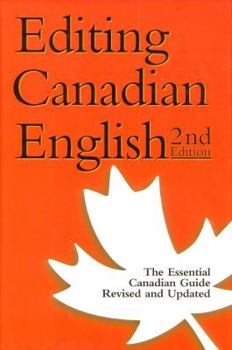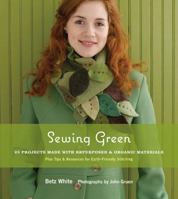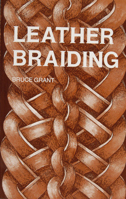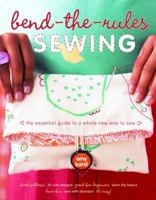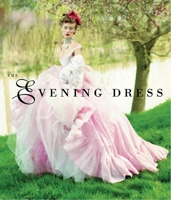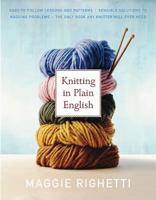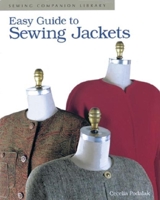Editing Canadian English
Select Format
Select Condition 
You Might Also Enjoy
Book Overview
The essential Canadian guide and reference shelf companion to The Chicago Manual of Style and The Canadian Encyclopedia. The first edition (published in 1987 and selling over 7000 copies) established itself as an indispensable tool for editors, writers, journalists, government employees, students, teachers, librarians, copywriters, and marketing and public relations people in short, anyone who uses Canadian English. Editing Canadian English tackles the tricky style issues of writing in "Canadian" and sorts out the distinctions between British and American editorial style and language usage. Overall, this guide outlines where convention dictates certain usage and where a style decision comes down to choice. The four authors, all seasoned professionals with over one hundred years of editing experience among them, show readers how to make their own informed and consistent choices when dealing with peculiarly Canadian questions of usage.
Format:Hardcover
Language:English
ISBN:1551990458
ISBN13:9781551990453
Release Date:May 2000
Publisher:MacFarlane Walter & Ross
Length:272 Pages
Weight:1.30 lbs.
Dimensions:1.0" x 6.5" x 9.6"
Customer Reviews
5 customer ratings | 5 reviews
Rated 5 starsIt's only a bit ironic that this book is only available on a US site!
By Thriftbooks.com User,
This book, Editing Canadian English 2nd ed. (2000), is an extremely useful guide for those of us who write or edit in Canada, and as far as I know the *only* copyediting book written from a Canadian perspective and for a Canadian audience. It doubles as a grammar textbook, in that it gives the basic errors that most of us make while we write (capitalisation, spelling, punctuation, etc.), but it also includes chapters on bias,...
0Report
Rated 5 starsIndispensable
By Thriftbooks.com User,
An indispensable resource for Canadian editors, publishers, and writers.
0Report











